


DIGITAL TRANSFORMATION
March 26, 2018
An overview
slides available at https://slides.com/chenevert
Gabriel Chênevert
Math teacher at ISEN Lille
Computer Science department
Information theory:
- compression
- error correction
- cryptography

What is...
the digital transformation?

la transformation digitale ??
in French: numérique (please)
A definition
Digital transformation is the change associated with the application of digital technology in all aspects of human society (Wikipedia)

Profound changes in industry
- (First) Industrial Revolution
1760 – 1830



- Second Industrial Revolution
1870 – 1914
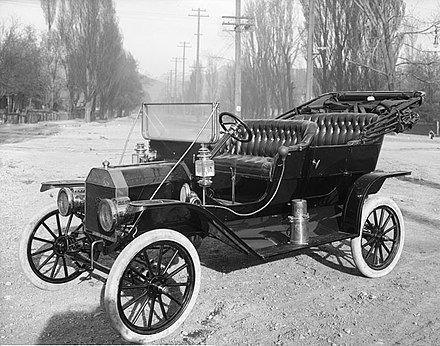


- Third Industrial Revolution or Digital Revolution
1980 – ?



- Fourth Industrial Revolution
2016 – ??



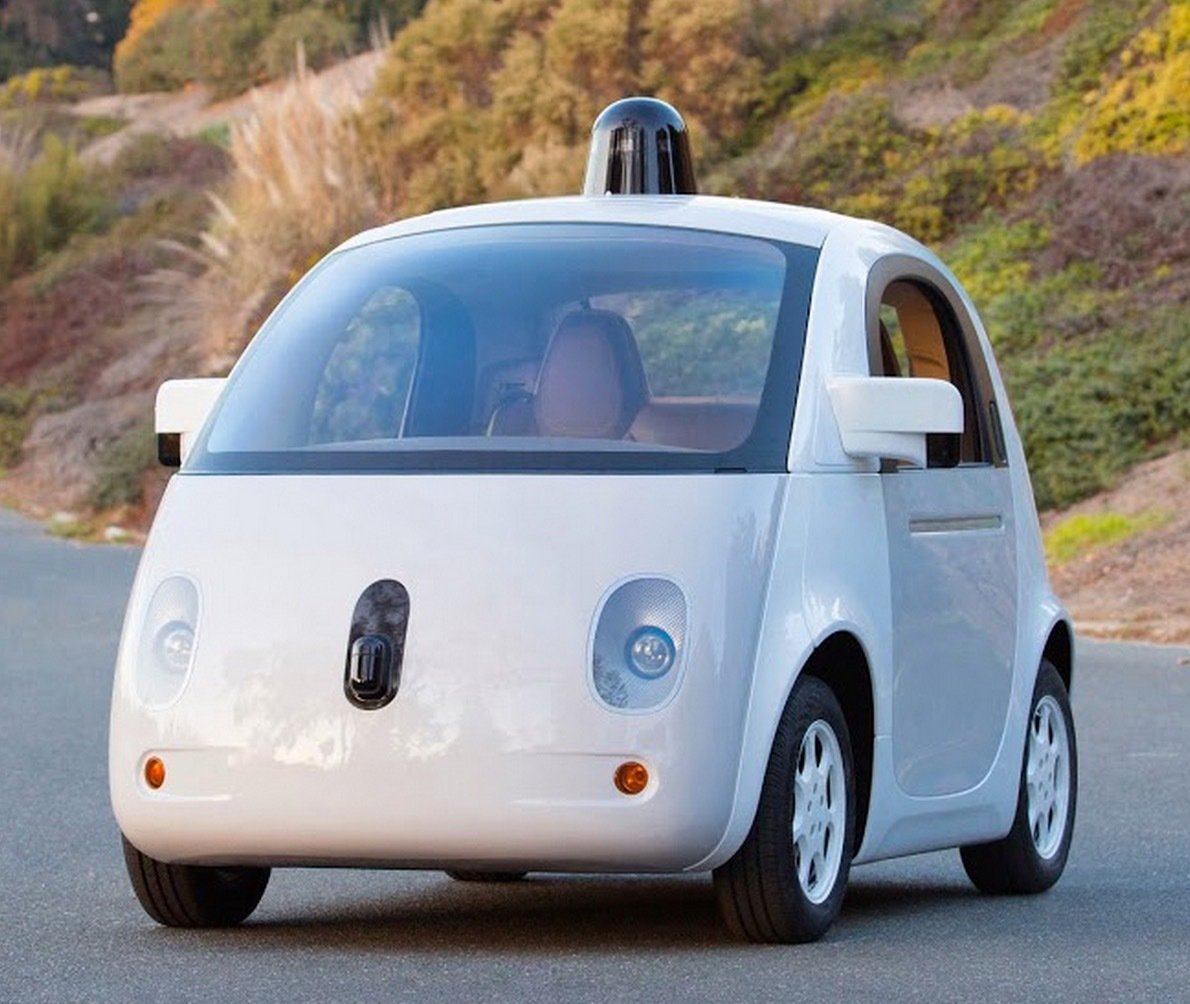
From quantitative to qualitative

Related observations
Many other parameters in IT double every 1.5 to 2 years:
- storage (memory)
- bandwitdh
- resolution (e.g. for cameras)
- number of web pages
- ...
Exponential growth means change is happening fast (and will happen even faster)
thresholds are regularly attained

Evolution of computing power
With great power comes great responsibility
We have more computing power at our disposal during any given year than we had for the entire history of mankind up to the year before

What are we going to do with it??
An example: evolution of music recording and distribution
- < 1877


- 1877: Edison's phonograph
- 1925: electrical microphone
- 1945: magnetic recording
- 1896: Marconi's radio
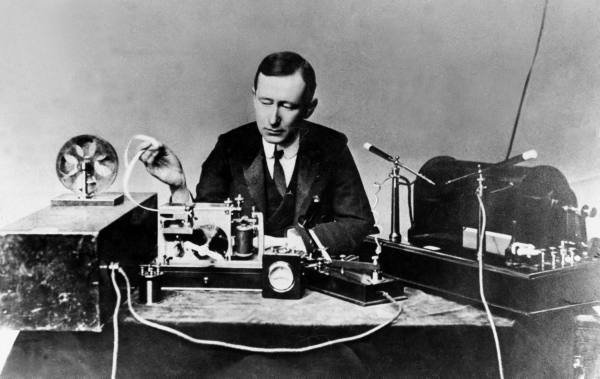


1969
LP: 47 minutes of analog audio

1979
Walkman

Analog signals

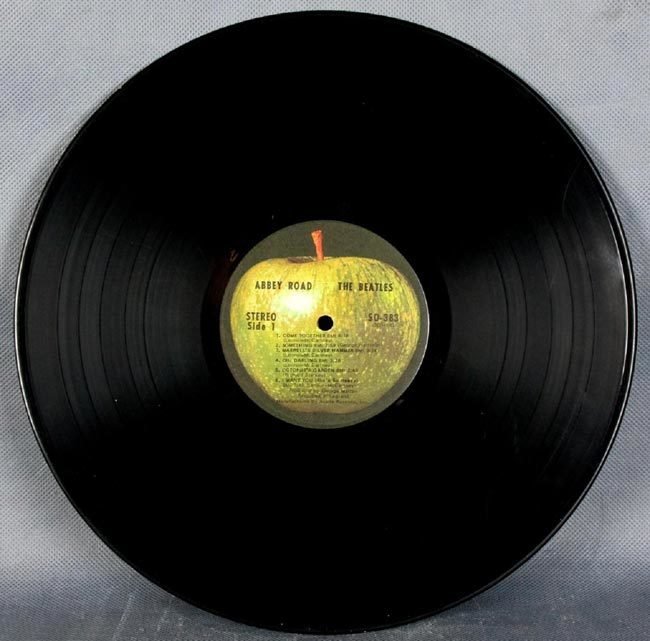

1982: Compact disc
74 minutes of digital music
(~ 700 MB)
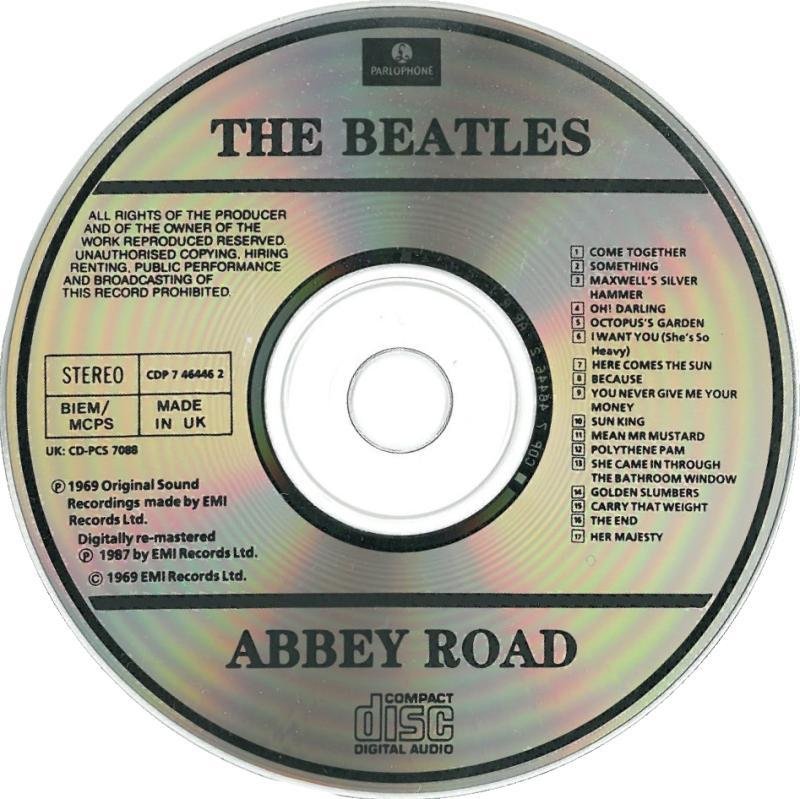

132 117 177 233 70 100 230 63...
10000100 01110101 10110001 11101001
01000110 01100100 11100110 00111111
1993: MPEG-1/2 Audio Layer III
Achieves x 10 compression (1 min = 1 MB)
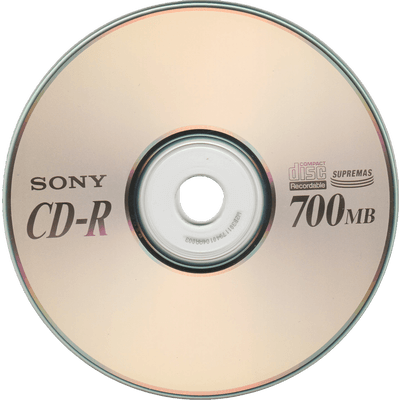

But: requires computational power (for real-time decompression)
1997: File sharing

2001: MP3 players


2003



128 GB ≈ 3 months of music
≈ 3200 LPs

2007: Streaming audio


"Music-as-a-Service"
2020

We tend to overestimate the effect of a technology in the short run and underestimate the effect in the long run. (Roy Amara)
Network everything
- Water
- Gas
- Electricity
- Banks
- Phone
- Internet
- Social


The Internet of Everything (Cisco)
The Internet was conceived as a decentralized network of computers
But:
- GAFAM: Google, Apple, Facebook, Amazon, Microsoft
- BATX: Baidu, Alibaba, Tencent, Xiaomi
- NATU: Netflix, Airbnb, Tesla, Uber
Net neutrality??
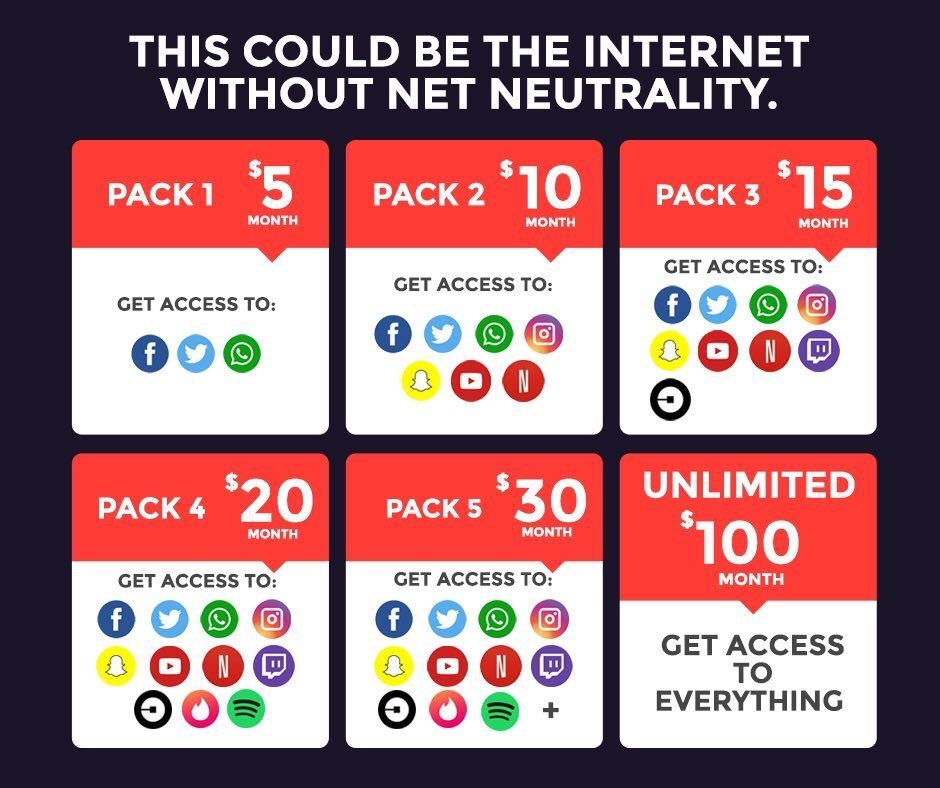
Blockchain: a decentralized and authenticated ledger
- Invented by Satoshi Nakamoto in 2008 to solve the double-spending problem in Bitcoin
Overview (taken here)




To be able to add a block to the chain:
need to solve a computational problem (proof-of-work)
in a process called mining (rewarded by Bitcoins)

- Bitcoin was an early implementation of the concept; there has been steady improvement in the protocols in the last 10 years
Applications of the blockchain:
- anchoring documents (patents, diplomas, notarial acts, ...)
- smart contracts and distributed programming
- together with peer-to-peer file distribution protocols (BitTorrent): InterPlanetary File System
... rise of the World Computer?
Smart everything

- Smart phones
- Smart watches
- Smart homes
- Smart buildings
- Smart cars
- Smart cities
- Smart grids
- ...
essentially means: everything is now a computer
A "smart system" is usually composed of:
- Sensors that record and generate data
- A database of said data
- A processing unit
- Actuators that interact with the environment

BIG DATA
Every digital interaction generates information, often in the shape of metadata
Storage being cheap, this data is often stored for future data analysis / mining
- consumer profiles
- epidemiologic data
- meteorological stations
- power consumption
- ...


Example: internet trackers
Google Flu trends: monitoring flu from search queries

Cloud computing
Computing-as-a-Service: tasks are performed on remote server


Allows businesses to externalize and optimize their computing resources
Artificial intelligence
France IA report
Reproducing high-level human-like cognitive activities:
- recognition
- assessment
- prediction
- decision
In recent years: increase in computing power led to impressive achievements in machine learning using so-called deep neural networks
Idea: instead of implementing deductive rules (like an adult would learn a language), let the AI make up its own inductively (like a child would do)
Works quite well! And the funny thing is we don't really understand why
See: Stéphane Mallat, data scientist @ Collège de France
Object classification in real-time

Classification through training

Through training, the networks learns how to recognize
different categories.
Once it has this understanding, it can be used "in reverse" for generation.

More here
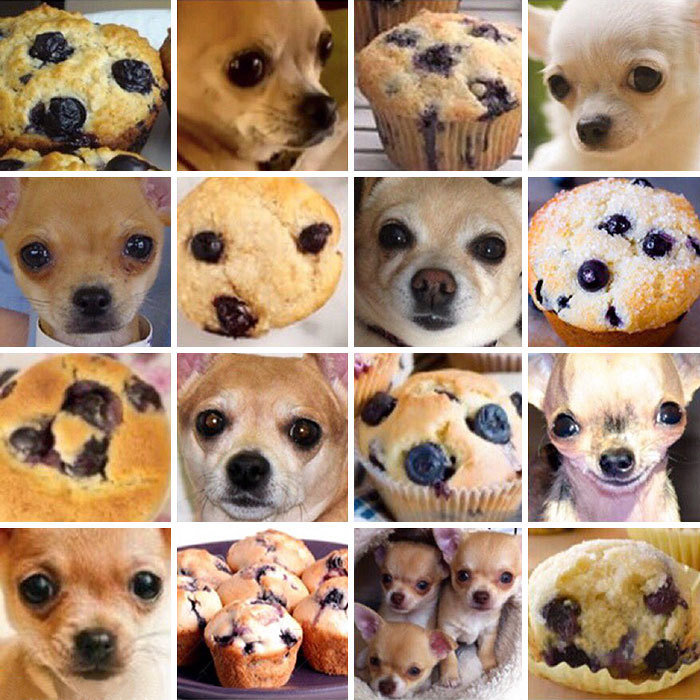

The trolley problem
Should we divert the tramway to kill a single person instead of 5?
Conclusion
Many possibilities and opportunities ahead as things continue to evolve.
However:
- at what cost? (energetic / environmental / ethical / ...)
- very real security concerns in a connected world (recent examples include Petya / Wannacry / Mirai)
- exponential growth won't last forever anyway...
You tell us!